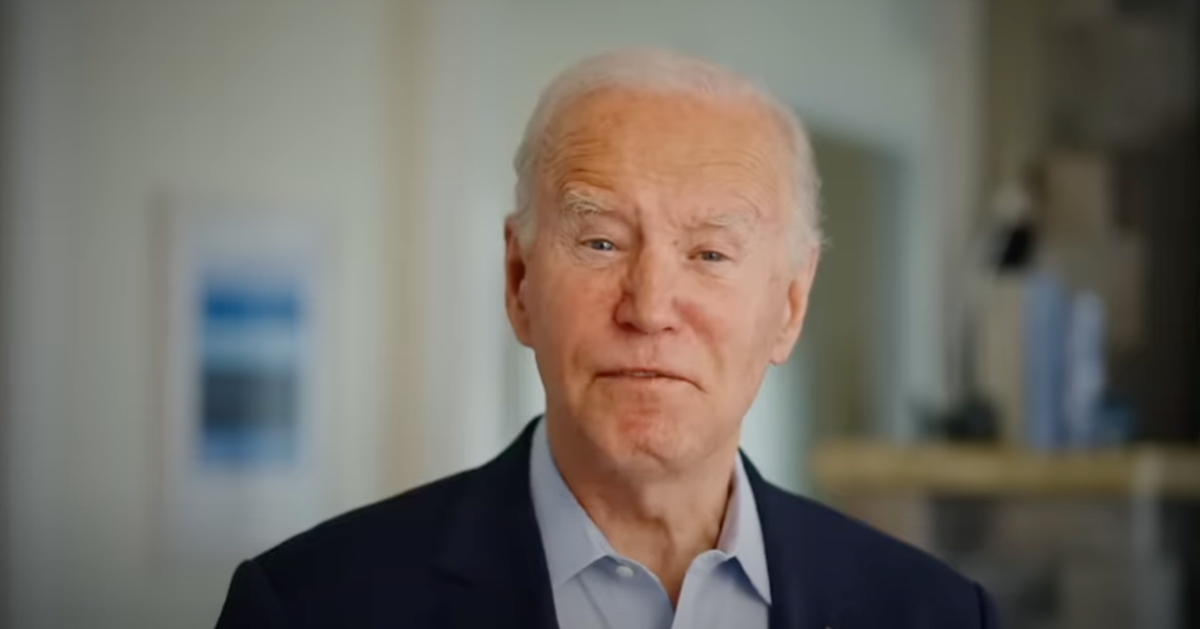CIA using drones to track movements of Mexican cartels
The CIA's latest move in the fight against drug cartels involves deploying drones over Mexico, intensifying efforts to tackle this longstanding issue.
The use of MQ-9 Reaper drones, though currently for surveillance, is part of a broader U.S. strategy under the Trump administration to address illegal activities linked to transnational cartels, as the Daily Wire reports.
President Donald Trump has made combating these entities a key focus, looking to label them similarly to the manner n which terrorist organizations are treated, so as to justify more aggressive measures.
The operations, first reported by CNN, fall under the Trump administration's larger frame of efforts to curb illegal immigration and combat the surging drug trade between Mexico and the U.S.
The drone initiative complements other resources directed at the U.S.-Mexico border, where the Trump administration remains focused on preventing illegal crossings and stopping the flow of drugs that increased under previous administrations.
Implementation of Surveillance Capabilities
Currently, the MQ-9 Reaper drones being utilized are unarmed, used exclusively for monitoring. However, their potential to be outfitted with weapons remains -- a tool the U.S. has effectively employed in other regions around the world, particularly in counter-terrorism actions against Islamic groups in areas like the Middle East and Africa.
This option aligns with President Trump's administration's consideration of designating these drug operatives as terrorist organizations, enabling broader military responses, including targeted direct actions.
CIA Director John Ratcliffe highlighted the agency’s dedication under Trump's leadership to prioritize defeating the stronghold of drug cartels operating throughout Mexico and affecting regional stability.
As part of these efforts, he posited the possibility of expanded measures if these organizations were treated as Foreign Terrorist Organizations, thus allowing military strategies akin to those used against recognized global terrorist threats.
Perspectives from Mexico
Meanwhile, Mexican officials have offered assurance that the drone surveillance flights are not infringing upon the nation’s air sovereignty. Defense Minister Ricardo Trevilla stated clearly that this new drone activity respects Mexico's national borders, alleviating potential tensions that might arise from such operations.
Mexican President Claudia Sheinbaum has expressed a preference for continued collaboration over unilateral actions, emphasizing the need for shared intelligence.
She suggests that the most effective method involves transparency and cooperation, thereby ensuring both countries are aligned in combating the cartels.
President Trump's Broader Objectives
In the broader geopolitical context, Trump’s administration is also keen on addressing several pressing issues concurrently, including international trade disputes and the expansive influence of China. His administration remains intent on dismantling drug operations as part of ensuring domestic security and economic stability.
When approached about the possibility of deploying U.S. special forces to engage more directly with cartels in Mexico, President Trump did not dismiss the notion outright. His remark that it "could happen," accompanied by a nod to the unpredictability of political developments, underscores the openness to exploring various strategies to dismantle these criminal networks.
Unveiling Potential Future Actions
While the CIA's current operations are non-violent, the adaptation of military-style measures remains a consideration. Officials acknowledge that the complex nature of cross-border drug trafficking and associated illegal activities necessitates diverse tactics. The potential designation of cartels as terroristic threats could pivot current diplomatic relationships and invoke different international legal contexts.
Local governance in both countries plays a crucial role. As the U.S. evaluates next steps, Mexican cooperation remains instrumental, ensuring that joint efforts are respectful of each nation's autonomy while striving towards common goals—namely, reduction in drug trafficking and associated criminal activities that harm citizens on both sides of the border.
A Look to the Near Future
The unfolding strategy also includes diplomatic overtures aimed at fostering increased communication and joint operations. These targeted actions must navigate complex international relationships and legal frameworks, balancing respect for national sovereignty with protective measures.
As forthcoming operations possibly expand, the collaboration between U.S. and Mexican forces could see further adaptations, potentially involving direct intervention depending on the evolving political landscape and concrete outcomes of current surveillance efforts.






